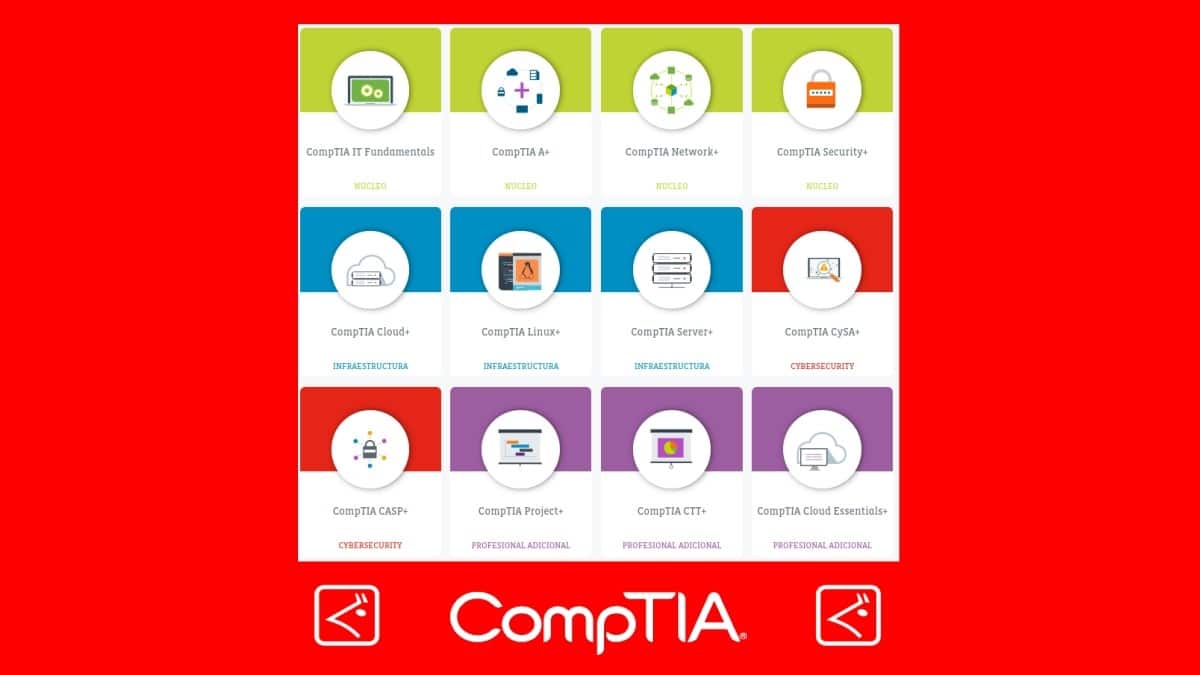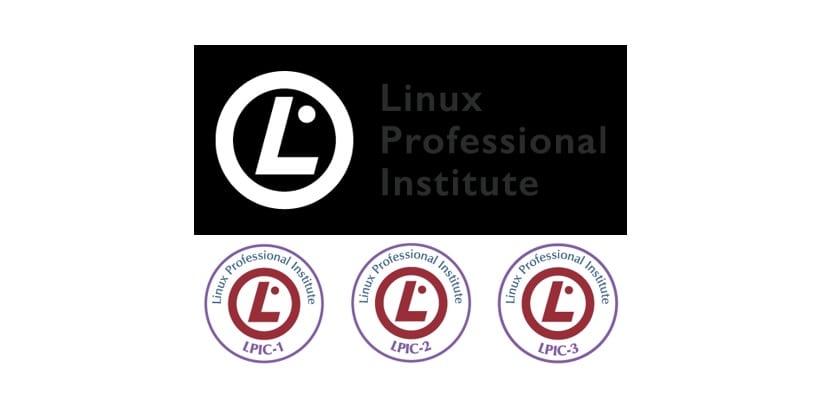
LFCA/LFCS: What should we learn to be a Linux expert?
Taking advantage of the fact that we are on the move, Whether or not you can "Live on Linux like an IT professional", today we will address the third of many of the widely recognized international certifications that exist to train us as an excellent IT professional in the field of Linux and at the highest level.
Since, as in many past publications, we have made it clear that, the adoption of Linux and other free and open technologies, continues to increase increasingly worldwide. And this not only at the level of companies and organizations, traditional and small; but in large transnational technology companies, government entities, and even in innovative industries or sectors. Thus, study, learn and certify our knowledge, both nationally and internationally, in terms of mastering free and open technologies, free or not, will always elevate our set of skills and level of expertise above others.

CompTIA: What do we need to learn to be a Linux expert?
And, before starting this present publication on the “LFCA and LFCS” international certifications from the Linux Foundation, we recommend you explore the previous related post, at the end of it:


LFCA/LFCS: International Linux Foundation Certifications
What is LFCA Certification?
According to Official Site of international certification LFCA (Linux Foundation Certified IT Associate) of the Linux Foundation, it is described as follows:
The Linux Foundation IT Associate (LFCA) certification demonstrates experience and skills of a user in critical information technology functions, especially in cloud computing. It is ideal for those starting an IT career as an administrator and engineer.
And after it is completed and approved, the same guarantee as the holder of the same, among many other things, is or will be able to demonstrate:
Knowledge and mastery of fundamental IT concepts, including operating systems, installing and managing software applications, installing hardware, using the command line and basic programming, basic networking functions, security best practices, and other related topics to Validate your ability and readiness for an entry-level IT position.
What is LFCS Certification?
According to Official Site of international certification LFCS (Linux Foundation Certified System Administrator) of the Linux Foundation, it is described as follows:
The Linux Foundation Systems Administrator (LFCS) certification validates holders' ability to competently install, configure, and operate Linux-based systems, whether on-premises or cloud-based.
Therefore, after being taken and approved, the same guarantee as the holder of the same, among many other things, is or will be able to demonstrate:
The ability to work competently when operating Linux-based systems, understand key concepts, use Linux to deploy and operate applications and services, and understand the fundamentals of Linux networking and its role in supporting cloud-native deployments .
Of course, this is only a very general overview of what is studied, learned and mastered when doing these Linux certifications. Therefore, the ideal is to visit their respective pages to go into more details. And although, surely, many will not be able to do them online or in person, a good option is search for locally certified institutes and companies (within each country) to take the best certification existing and available, to start mastering Linux.

Other international certifications similar to LFCA and LFCS
Including those we have already mentioned, the most well-known and important currently are the following:
- LPIC-1 / LPIC-2 / LPIC-3, among others, from the “Linux Professional Institute” (LPI).
- CompTIA Linux +, among others, from the CompTIA Association.
- LFCA/LFCS/LFCE, among others, from the Linux Foundation (LF).
- RHCE/RHCSA/RHCA, among others, from the company Red Hat (RH).
- Oracle Linux OCA/OCP, among others, from the Oracle company.
- CLA/CLP, among others, from the SUSE Company.
- SCA, among others, from the Novell company.
And in future posts we will talk a little about the last 4 mentioned.


Summary
In summary, once again it is clear that the most valid, feasible and appropriate path to "Live on Linux" must be through study, learning, and of course, national and international certification of our knowledge. Above all, when these are international in scope, such as the “LFCA and LFCS” Certifications of the Linux Foundation, or others like the LPIC and CompTIA, previously addressed.
Since they perfectly support our mastery of various free and open technologies, like Linux, and others. Which are usually handled within important public and private companies and organizations. Which, in turn, will allow us to opt for the best and most paid jobs, and even in the future, form our own company or technology venture.
Lastly, remember visit our «homepage» en español. Or, in any other language (just by adding 2 letters to the end of our current URL, for example: ar, de, en, fr, ja, pt and ru, among many others) to learn more current content. And also, you can join our official channel Telegram to explore more news, guides and tutorials. And also, has this group to talk and learn more about any IT topic covered here.